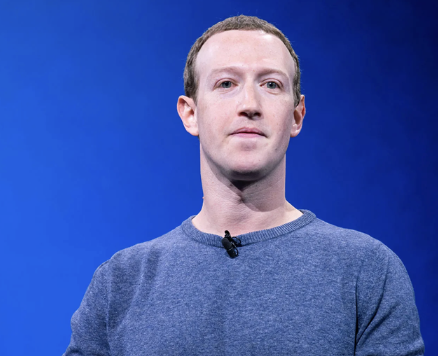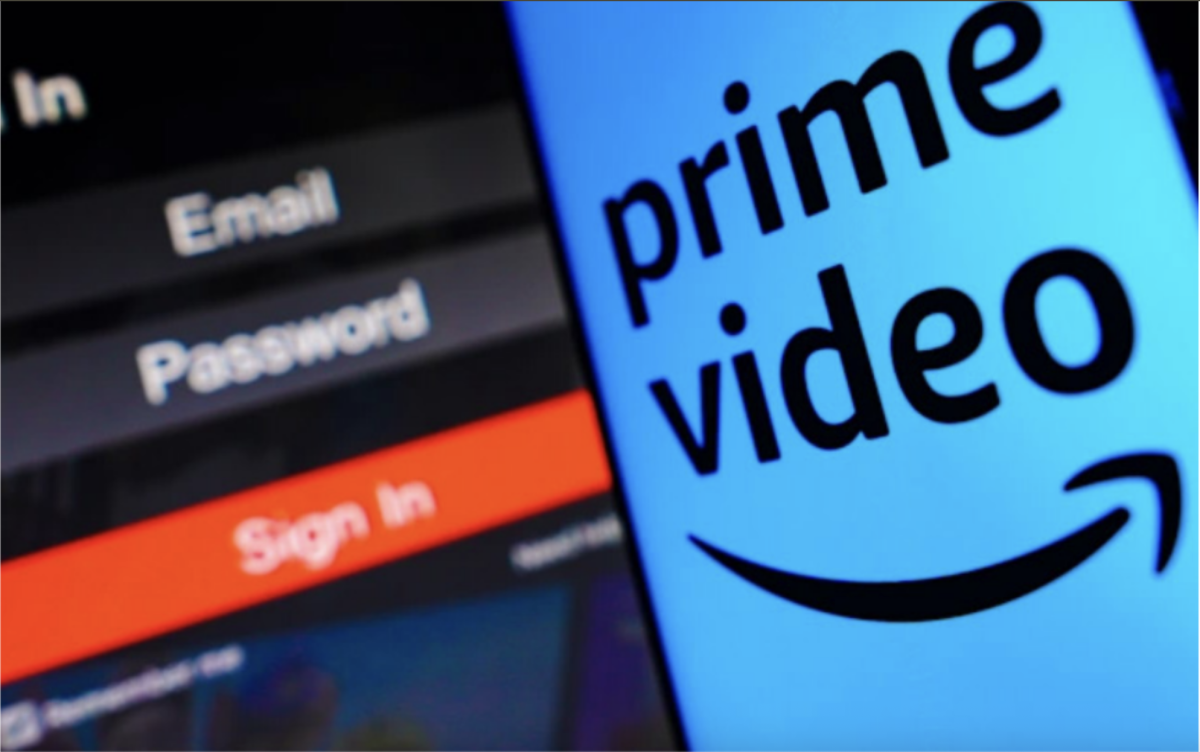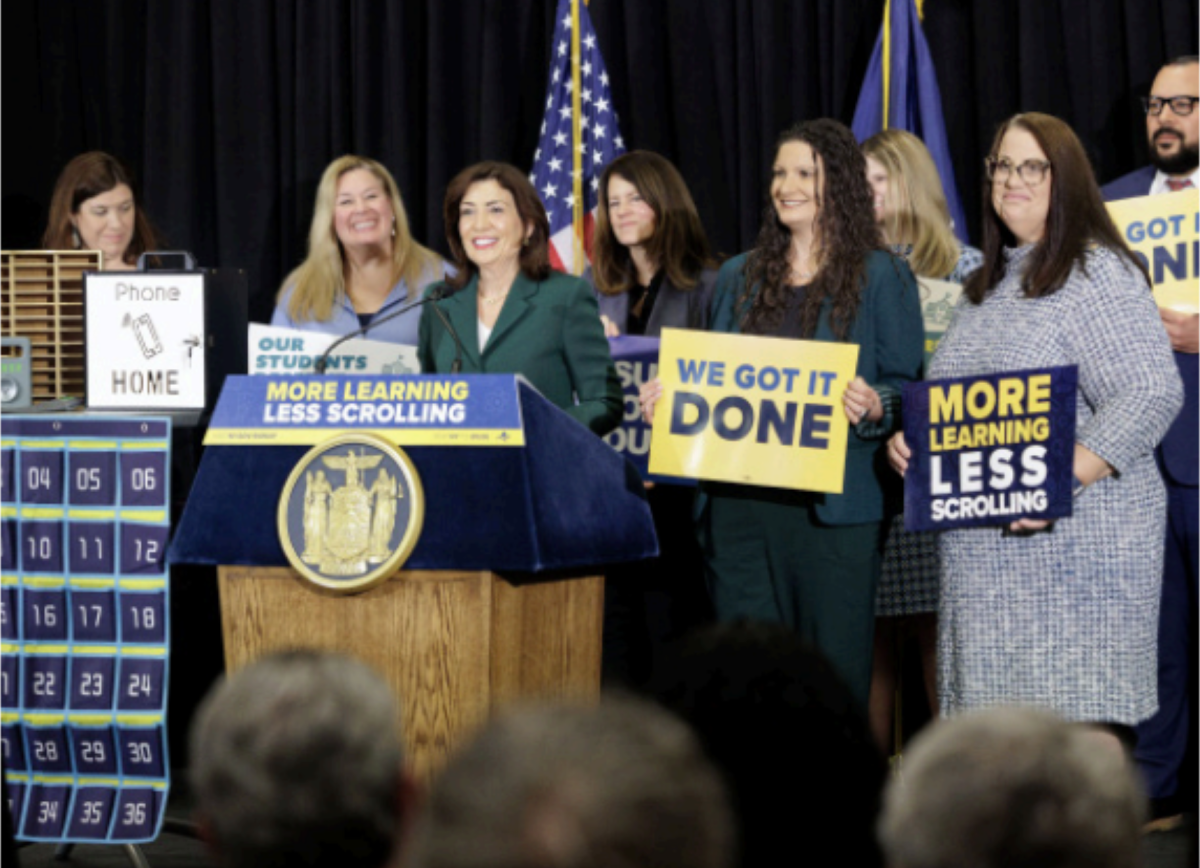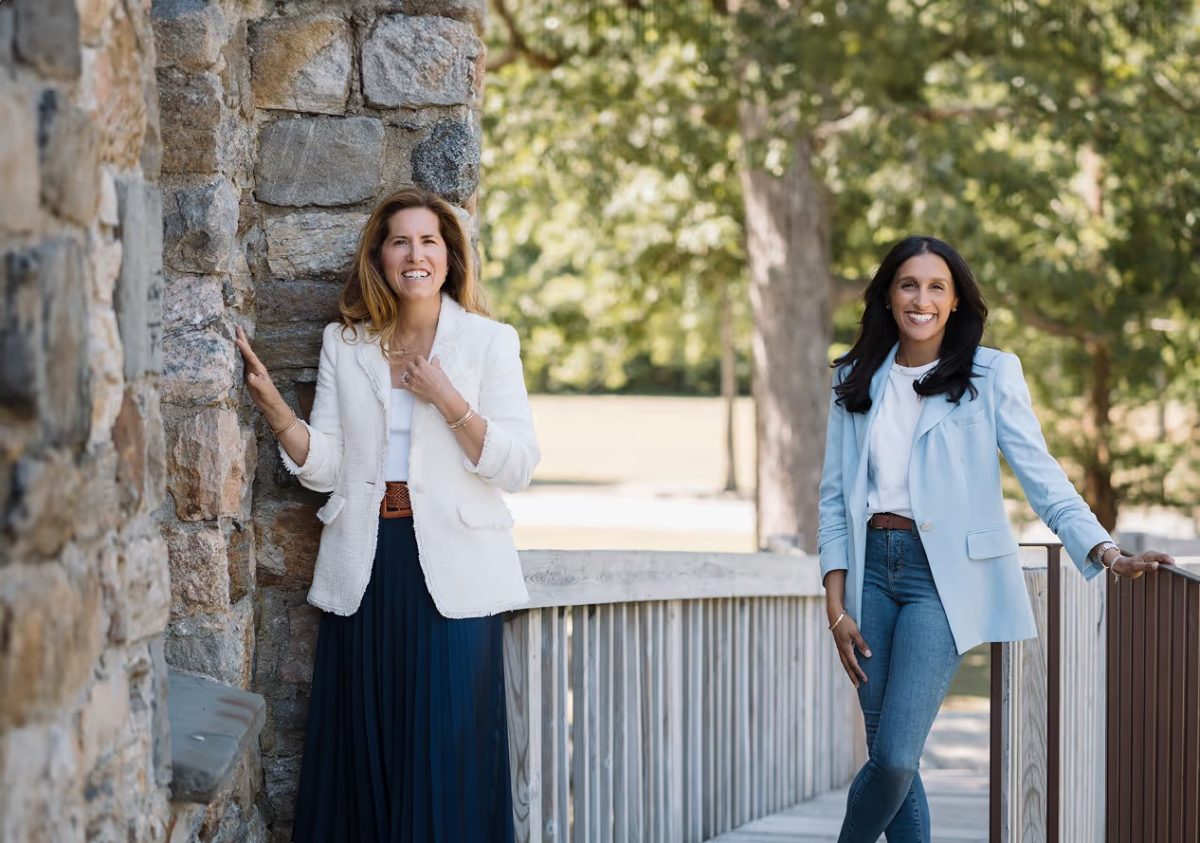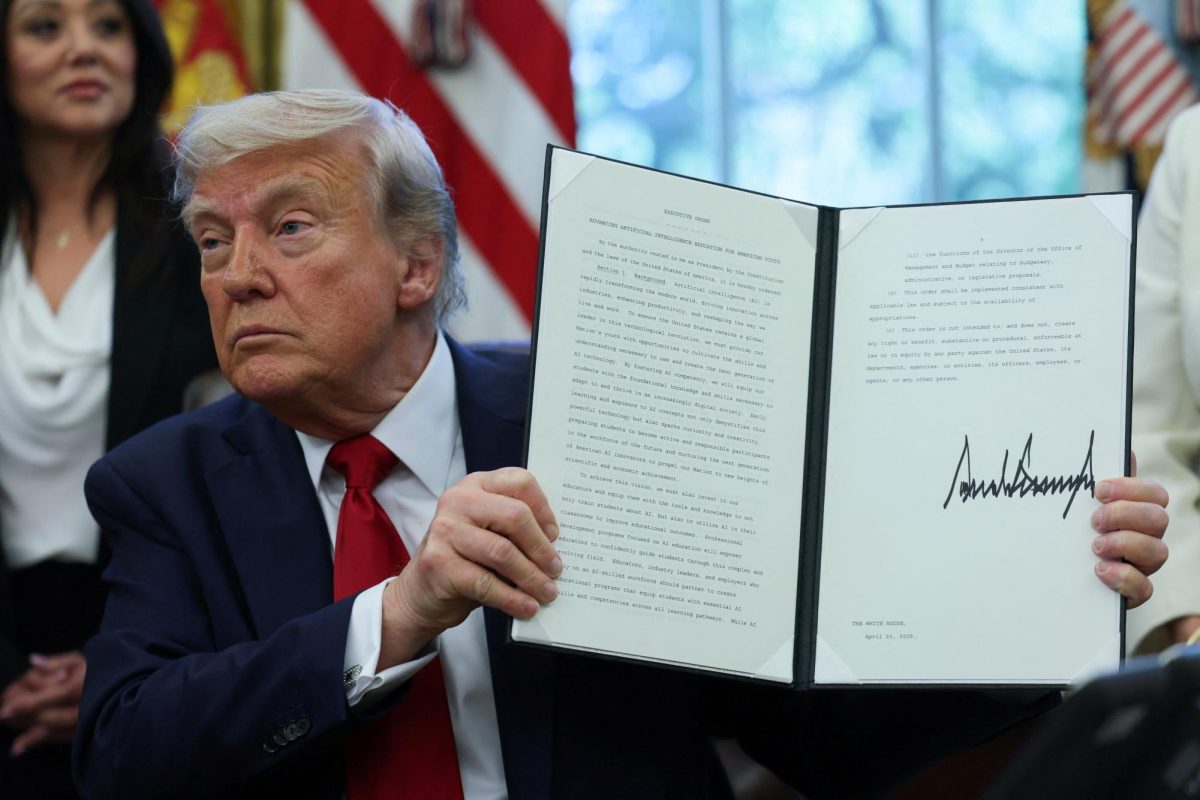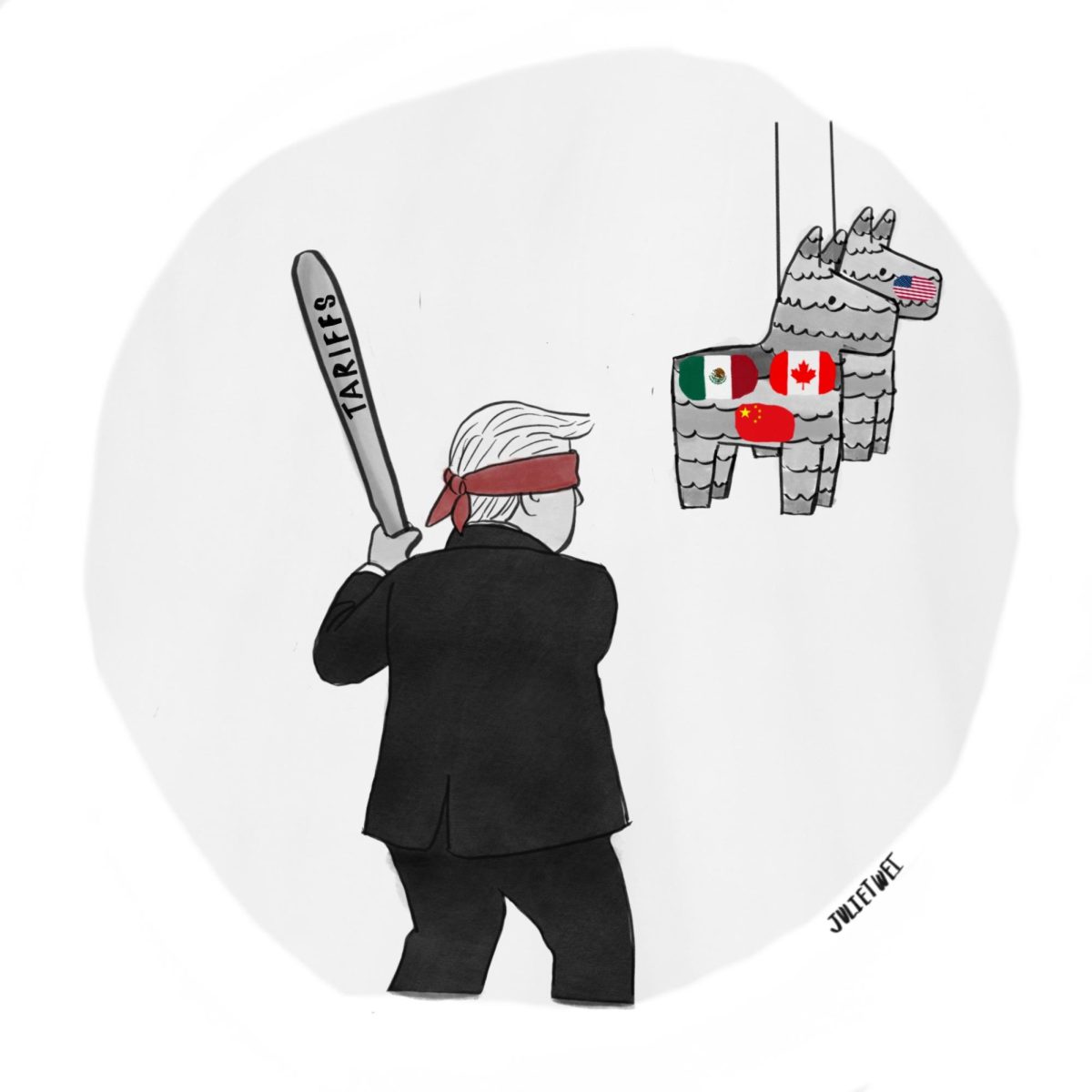After a brief but significant one-day shut down, TikTok’s return has revealed a precarious digital platform where censorship and information control are becoming increasingly normalized. As the government starts to protect national security through social media restrictions, it simultaneously risks creating the very type of information control it has historically condemned.
This tension has come to a head with recent legal developments. The Supreme Court’s decision to uphold the TikTok ban has pushed the platform into a position where Meta—already under FTC investigation for monopolistic practices—could be a potential buyer. The implications of this extend beyond just platform ownership, as Meta’s possible takeover of the app would not only consolidate its grip on social media but also would give the company unprecedented control over digital news and information flow: “When corporations own all these platforms on a global scale, they gain concentrated power without full transparency about their motives or how they’re feeding people’s media,” says MHS Principal Lina Cannavo. “We don’t know how much information they have to close off on, and that’s deeply problematic when it determines how the public is being informed.”
The situation is further complicated by shifting political dynamics. The government’s changing stance on TikTok has revealed the evolving attitudes toward digital freedom in America. While the Biden administration incited the TikTok ban over national security concerns, Trump’s quick intervention promising a 90-day extension has changed the narrative to one of American ownership rather than a complete ban. This alteration raises questions about whether transferring control to U.S. companies genuinely addresses security concerns or simply gives the ability to further monitor and moderate content.
Government involvement in media control is nothing new. From propaganda during the Cold War to the 1996 Telecommunications Act that changed media ownership rules, the federal government has long influenced how Americans receive information. Now, with Trump in office, the debate has changed from one of foreign influence to domestic monopoly. Questions are being raised, asking whether trading Chinese privacy concerns for corporate control truly protects free speech.
Meta’s existing platforms already have staggering user bases: Facebook with 190.85 million US users, Instagram with 169.65 million, and WhatsApp with over 100 million (Statistica, 2024). TikTok’s addition of 170 million U.S. users would give Meta unforeseen power over how most Americans consume information. Yet, the implications are already evident as content creators report significant changes. Political commentator Danisha Carter’s account with 2 million followers was permanently suspended after criticizing tech executives’ influence in American politics. Other creators are flooded with warnings and the complete removal of content, while casual watchers complain about their algorithms being messed up.
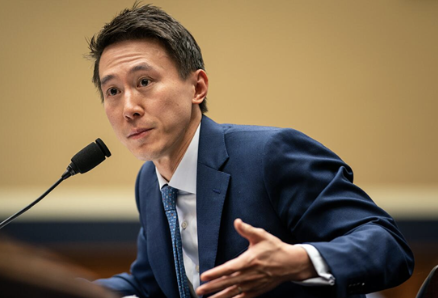
“I feel more updated on current events and I can see other people’s perspectives much easier through these platforms,” says OCRA student Juliana Goode (’26). However, she acknowledges the double-edged nature of Meta’s platforms as “information consumed through Meta’s platforms can often be biased or incomplete.”
In light of these challenges, education plays a crucial role. “There’s a shared responsibility between students and platforms to control what’s being seen,” emphasizes Cannavo. “Students need to know whether sources are reliable and how to fact-check information.” The solution is not simply regulation, rather, it is about education. “Students should have dedicated coursework on media literacy to better understand the digital world,” says Cannavo.
As the 90-day deadline for TikTok’s fate approaches, the main question extends beyond security concerns. With Meta able to absorb yet another media platform, the consolidation of digital power raises urgent questions about the future of information access. While trading Chinese oversight for American control might address immediate concerns, it has the potential to create a different threat: a digital world where a single company shapes how millions perceive the world.




